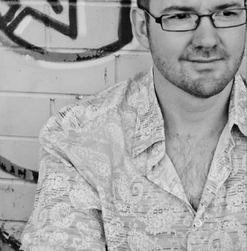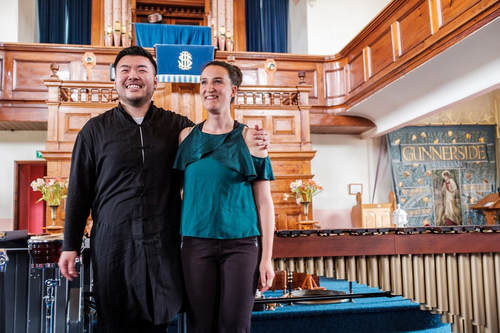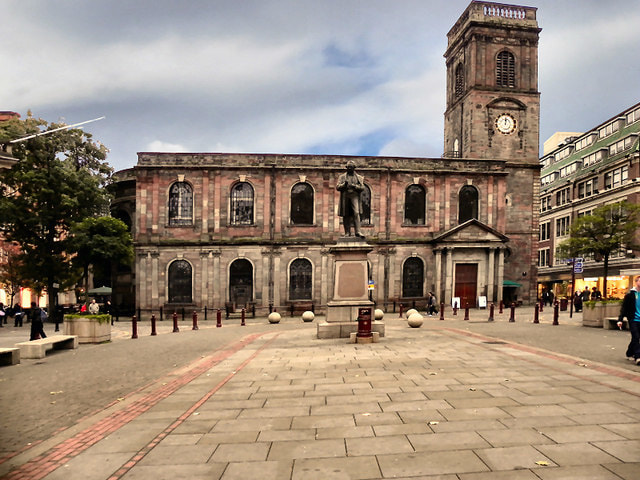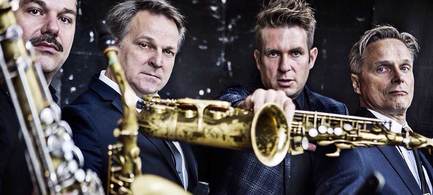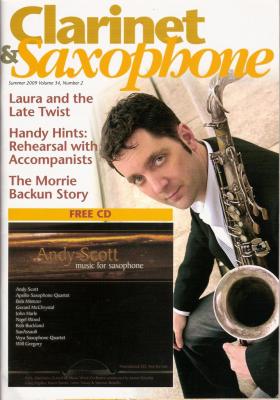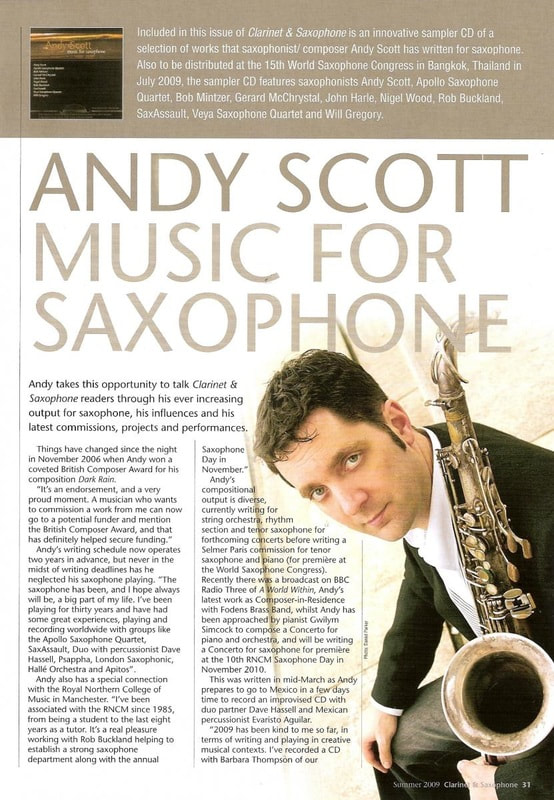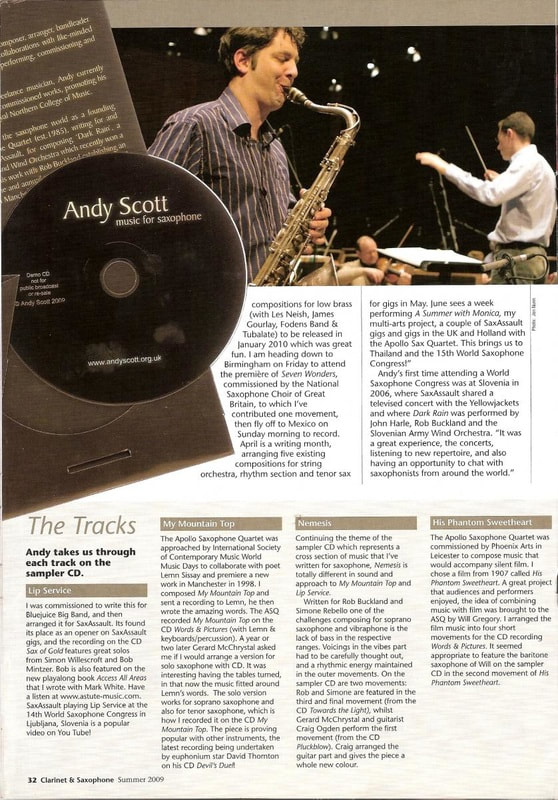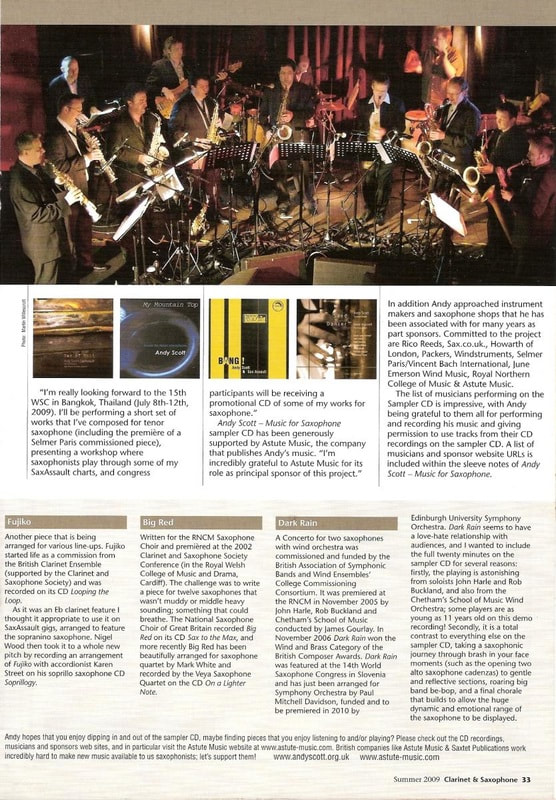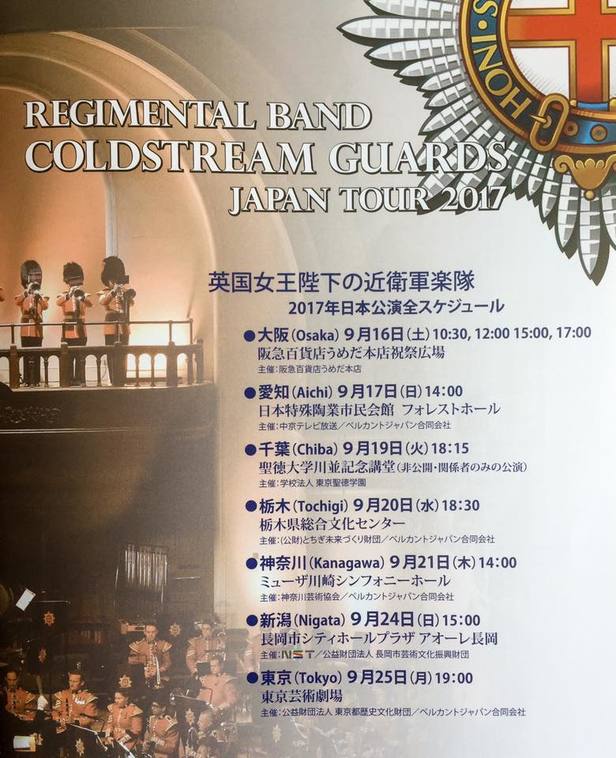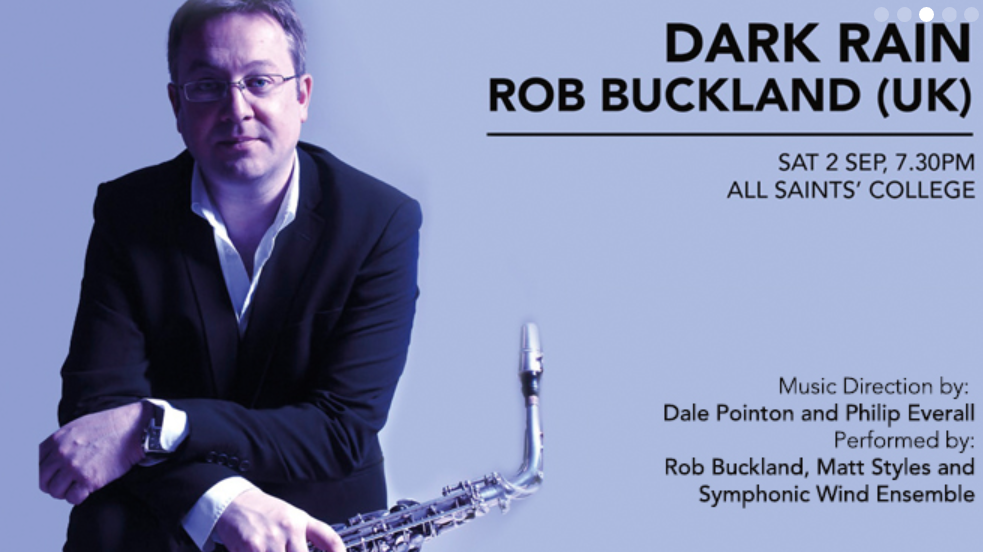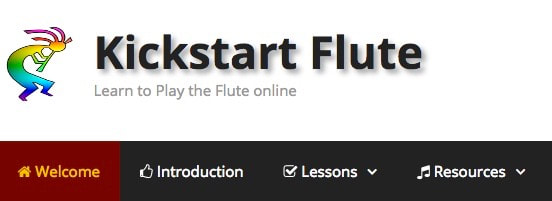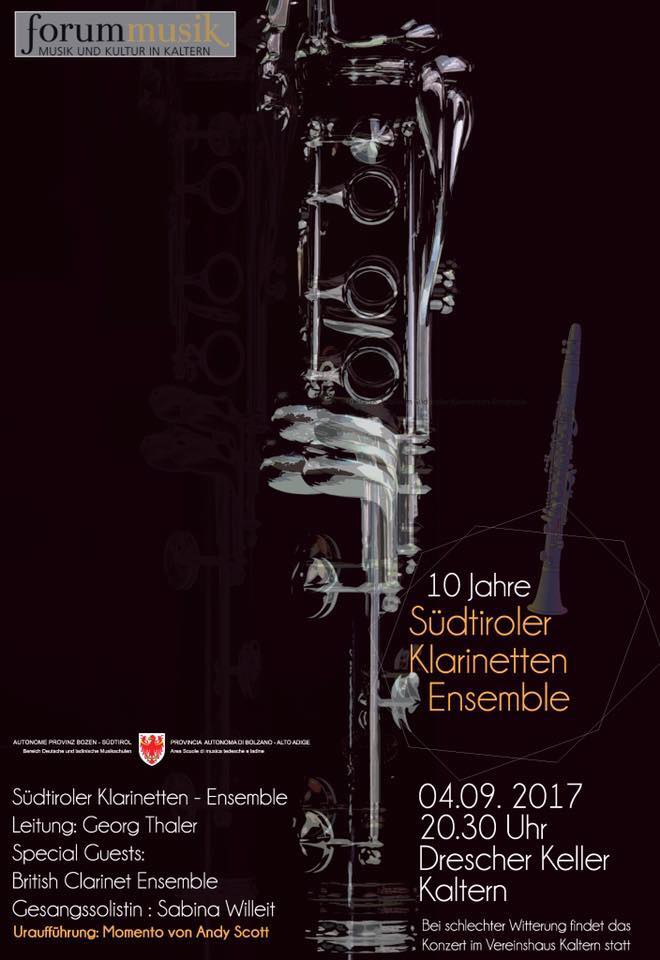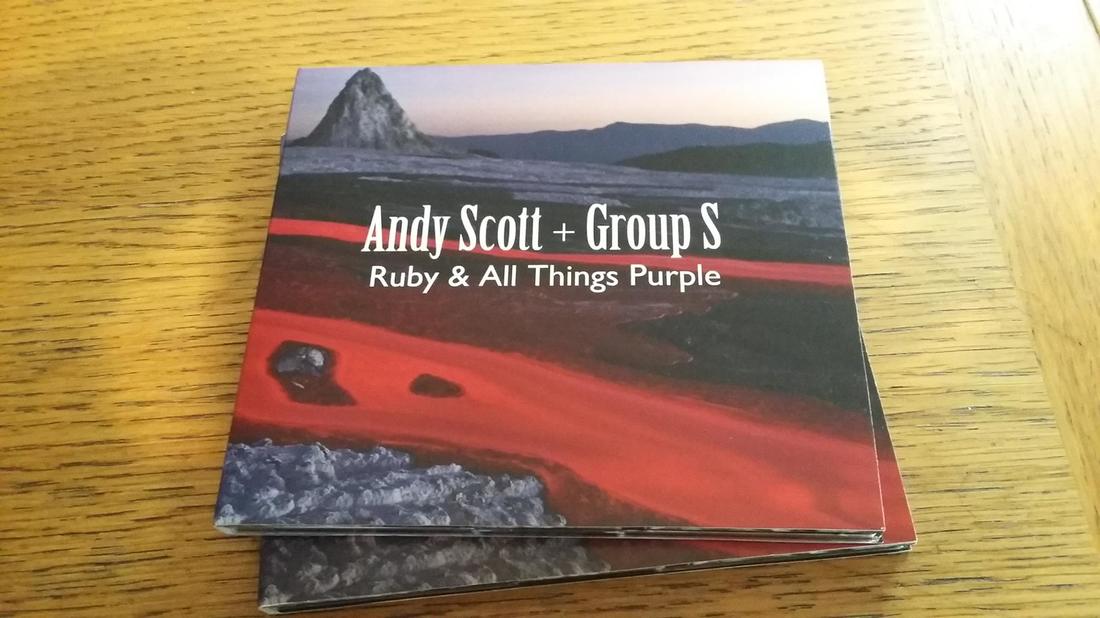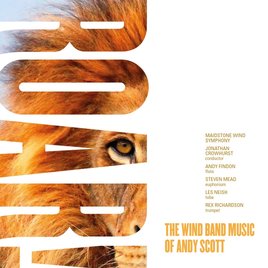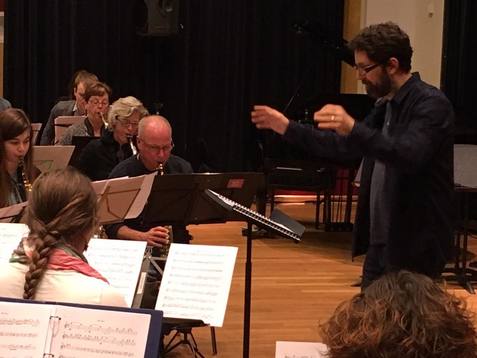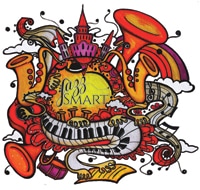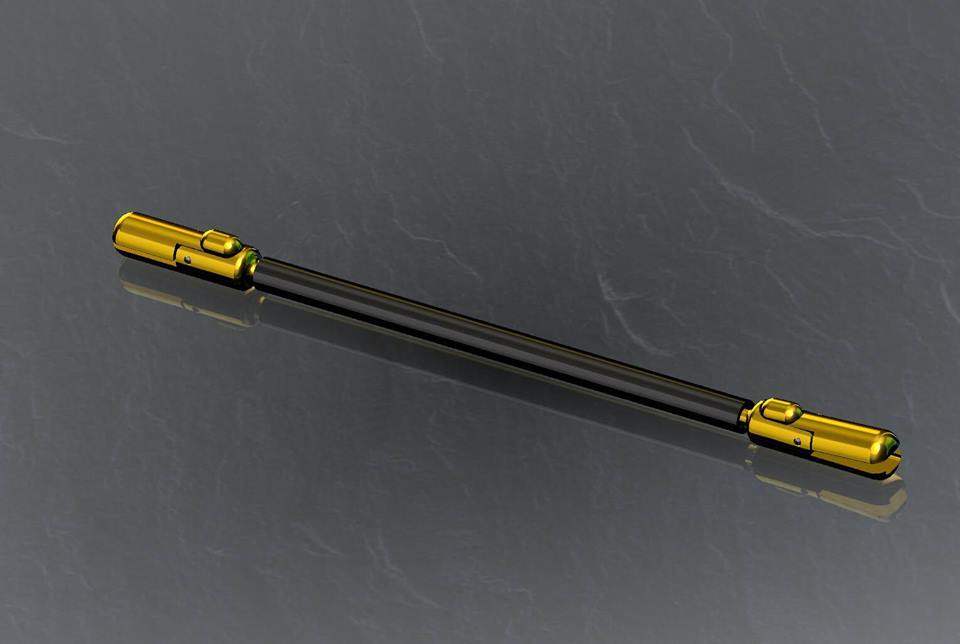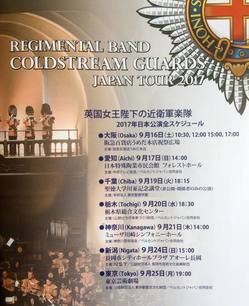
Have a listen below to flautist Rachel Smith with the Coldstream Guards Band in their live performance of Andy's 'Fujiko' (for flute & wind band) as part of their 2017 Japan Tour...
0 Comments
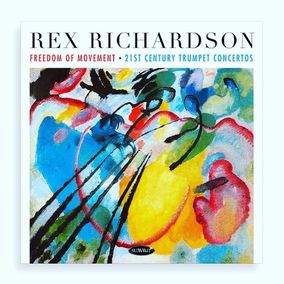 Andy Scott's 'Freedom of Movement' for Trumpet & Wind Band concerto features on Rex Richardson's new album, 'Freedom of Movement: 21st Century Trumpet Concertos'. Rex's album brings together concertos by composers Anthony Plog, Andy Scott, James Stephenson and Allen Vizzutti in fantastic performances with four different ensembles! Iwan Fox, reviewing for 4barsrest, introduces the spirit of the new album, describing Rex as 'one of the most dangerously thrilling soloists to enjoy in full performance flow', possessing a 'fearless adventurousness'. An ethos, Iwan states, that is shared by the four composers as 'the concertos of Vizzutti, Scott, Plog and Stephenson are unrestrained in their daring, audacious outlook.' For more on Rex's new album & to get your copy, click here 'the richly textured soundscapes and harmonic structures of Andy Scott’s ‘Freedom of Movement’ […] a wonderful, ductile piece of musicianship that makes for a work of colourful substance'- Iwan Fox, 4barsrest For more info & to purchase the music for 'Freedom of Movement' for Trumpet & Wind Band Concerto visit Astute Music - here
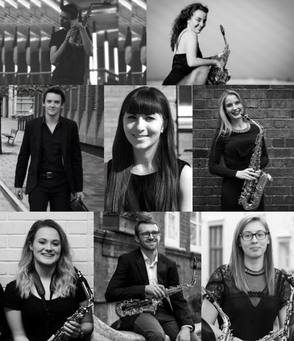 The Sonorous Saxophone Ensemble - image credit: Vandoren UK Facebook The Sonorous Saxophone Ensemble - image credit: Vandoren UK Facebook The Sonorous Saxophone Ensemble will premiere new saxophone octet arrangements of Andy's pieces 'Tjuonavagge' & 'Golden Horn' on their Switzerland Tour. Performing on the 24th July 2018 at the Ceresio estate '18, Morcote, Parco Scherrer.  A specially commissioned arrangement of 'Paquito' for flute & guitar is being premiered on the 28th July 2018. Composed and arranged by Andy, 'Paquito' for flute & guitar will be performed by flautist Nicola Loten and guitarist Arturo Castro Nogueras as part of their 'Latin Flavours: Between Two Worlds' concert at Reading Fringe Festival. For more info on the concert, click here On 28th July 2018, Matt Styles will be giving the Australian premiere of Andy Scott's 'Westland' for solo tenor saxophone, as part of his solo recital at the Melbourne International Saxophone Festival.
For more info on Matt's recital, click here The music for 'Westland' is available for purchase with Astute Music here 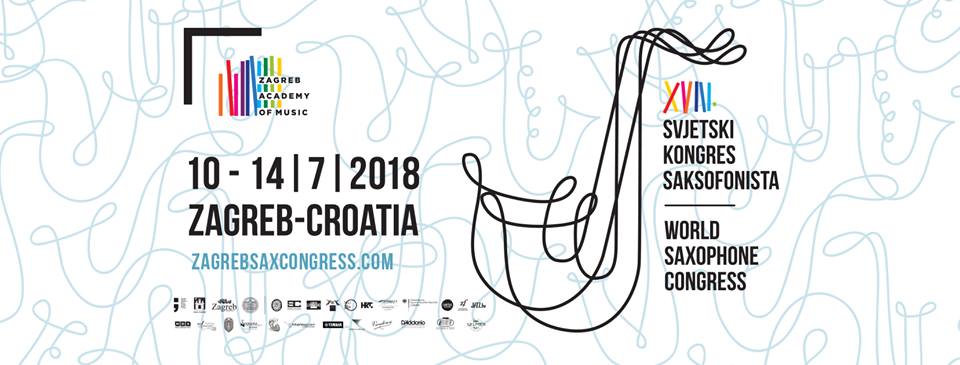 Check out these upcoming performances of Andy Scott’s compositions at the World Saxophone Congress in Zagreb, Croatia, July 2018... 12th July: My Mountain Top for solo Bb saxophone performed by Joey Speranzo 10:30 - Student Centre Theatre & TD Semicircular Hall Savska cesta 25 12th July: World premiere of Tjuonavagge for soprano saxophone, tenor saxophone and piano version, performed by Gillian Blair, Nathan Mertens & Rie Yokota 11:00 - Academy of Music, Vaclav Huml Hall Trg Republike Hrvatske 12 13th July: Nemesis for soprano saxophone and vibraphone performed by Duo Antipodes 14:30 - Student Centre Theatre & TD Semicircular Hall Savska cesta 25 14th July: Three Letter Word for alto saxophone and piano performed by Emma McPhilemy & Hannah Creviston 14:15 - Academy of Music, Vaclav Huml Hall Trg Republike Hrvatske 12 14th July: Westland for solo tenor saxophone performed by soloist Kyle Hutchins as part of the Tenor Saxophone Collective’s programme 14:30 - Student Centre Theatre & TD Semicircular Hall Savska cesta 25 For more info about the World Sax Congress & this year's programme, visit: https://bit.ly/2KXEkEn Andy's massed brass band piece, 'Brass Revolution!' will have its world premiere at the Music for Youth National Festival on the 4th July 2018 at Birmingham Town Hall.
The premiere will be performed collaboratively with young musicians in association with the Love Music Trust and their partner ensembles. 'Brass Revolution!' was commissioned by the Love Music Trust. For more info, click here A new work for Tenor Saxophone by Andy Scott is now published and available from Astute Music.
It was composed in late 2016 and Andy Scott gave the world premiere of Westland in Holland at the Westland Saxophone Festival in January 2017 On the 6th June 2018, the Aurora Percussion Duo will give the world premiere of Andy's new piece 'Xi'Yu' as part of their concert at the Swaledale Festival. The piece was titled 'Xi'Yu' by the percussion duo, Delia Stevens and Le Yu, and was commissioned by Swaledale Festival. For more info on this event, click here Photo by Guy Carpenter at Gullwing Photography
On Saturday 5th May 2018 I was fortunate enough to be in Utrecht and attend the world premiere of Defiance, a new work that I had been approached to write for the Fairey Brass Band, supported by Brass Band England & funded by PRSF.
Fairey Band were representing England at the prestigious European Brass Band Championships, with each band playing the set test piece A Time for Outrage, a wonderful work from Marco Putz, originally for Fanfare Orchestra, arranged for the occasion by my friend Paul McGhee (a brilliant composer himself) and the following day performing an own choice work. In this competition (as with others in the 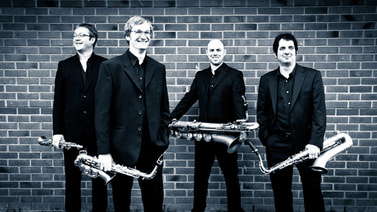 The Apollo Saxophone Quartet will be performing in an exciting collaborative project with the Artvark Saxophone Quartet in several concerts between the 24th - 26th May 2018 in the Netherlands! For more info on these events, click here [link to events when that's live] The two quartets met in South Africa whilst touring together and there was an instant connection, both musically and personally. Both groups are musically open-minded and all eight musicians are composers as well as saxophonists. In January 2018, the Artvark met the Apollo for three days of intense rehearsing, each player bringing a new octet, before launching this collaboration in May in Holland. UK dates and a recording will follow in 2018/2019... 4BR's Chris Thomas talks in depth to composer Andy Scott. his first work for brass band, yet within that short time his working relationship as Composer in Residence at Foden's has spawned several pieces that have earmarked him as one of the most refreshing and innovative creative compositional voices. The spirit of that originality stems from Scott's background as a professional saxophonist and a career that has taken him into widely diverse musical territory – from the Halle Orchestra to the successful Apollo Saxophone Quartet. However, the nucleus of his style is rooted in big band jazz, Latin and funk. 2010 has seen the release of two CD's that have featured his music. ‘Double Trouble’, shares the limelight with fellow jazz saxophonist and composer Barbara Thompson and focuses on several solo tuba works written for James Gourlay and Les Neish..... READ THE REST OF THE ARTICLE ON 4 BARS REST HERE
Performed at the WASBE Conference (World Association for Symphonic Bands and Ensembles) in Utrecht, July 2017. Andy’s piece was performed by the Gelders Fanfare Orchestra with vocalist Fenna Orgrajensek and directed by Erik Van de Kolk. Described as ‘touching’ and ‘emotional’, A Child like You is based upon the real-life story of a 17-year old Ugandan Asian boy who fled to Britain in the early 1970's to escape the brutal rule of Idi Amin. “in the midst of the turmoil of the music a duet of singer and harp […] I cried […] we could read the whole story through the music.” 'Fujiko' by Andy Scott, scored for solo flute and wind orchestra, has recently been featured in various concerts around Japan, performed by flutist Rachel Smith with the Coldstream Guards as part of their 2017 Japan Tour On the 2nd September, saxophonists Rob Buckland & Matt Styles, with the WAAPA Symphonic Wind Ensemble gave a performance of Andy Scott’s ‘Dark Rain’ at the All Saints’ College Centre for Performing Arts in Perth, Australia.
‘Dark Rain’ is one continuous movement and after a dramatic opening exclamation from the two soloists, journeys through a collision of contemporary classical, bebop, big band and swing before concluding with a release of tension in a final chorale. ‘”Dark Rain’ will leave the audience with no doubt of the versatility and musical power of the saxophone.” – Matt Styles in interview with Scenestr. Andy Scott with ‘Dark Rain’ ~ Winner of a British Composer Award in 2006 The sheet music for ‘Dark Rain’ (Two Saxophones & Wind Orchestra) is available here Introducing Kickstart flute, a fantastic new online flute teaching resource by flautist Clare Southworth, in association with Trevor James Flutes. Upon starting formal flute lessons, Clare speaks of finding the beginner tutor books rather narrow in their choices of music so "my idea of writing a beginner method then was to include all genres, to encourage a love of all music”. The tutorials are based around 24 duets encompassing all genres of music, composed by Andy Scott, ‘one of the most versatile and exciting composers writing today.’ “ Kickstart flute is a completely new approach to learning, it’s challenging and it’s good to have a challenge, with the reward being able to play fabulous original music by Andy Scott” To read more on this fantastic flute teaching resource, visit: https://www.kickstartflute.com/
Music commissioned & funded by TJ Flutes
On Wednesday 30th August 2017, international woodwind specialist Diana Tolmie and award-winning jazz pianist Sophie Min premiered Sonata by Andy Scott at the Queensland Conservatorium Griffith University Ian Hanger Recital Hall in Australia.
Andy Scott’s Sonata for saxophone & piano is available for purchase here
Have a listen to this clip of Sonata as performed by Anthony Brown (alto sax) & Leo Nicholson (piano) from the World premiere in 2015...
Andy Scott’s new piece for clarinet ensemble, Momento was commissioned by the South Tyrol Clarinet Ensemble & the British Clarinet Ensemble. Momento is a six minute work that pays homage to Monk, Ella and Dizzy, three jazz legends who share 1917 as their year of birth. The world premiere takes place on Monday 4th September 2017, 20:30 in Drescher Kellen, Kaltern, Italy and will be performed by the combined forces of the South Tyrol & British Clarinet Ensembles. The UK premiere by the British Clarinet Ensemble will take place on Saturday 21st October 2017 in Oakham School Chapel. More details to follow…
One of Andy's works for Flute and Piano "... Αnd Everything is Still" was premiered on Saturday 10th June 2017, in Athen, Greece at the "Εrateio Odeio" Concert Hall.
The concert, entitled " Sometime the Sea"- when music meets poetry also featured Paschalis Plisis (Narrator), Flute: Hellas Chalkia and Piano: Thanos Margetis Andy Scott + Group S CD - Ruby & All Things Purple
It's finally released (hooray) and is now available on iTunes here https://itunes.apple.com/…/ruby-all-things-pur…/id1209343576 But... ...I'd be grateful if you bought a hard copy CD from either the record company direct (BASHO) or my online webshop. It's a good looking CD to have in your collection, (if you like that sort of thing), it has lots of liner notes, plus I get more royalties than if you bought the album through iTunes. I've deliberately asked for the CD to not be available via streaming, so you won't find it on Spotify or similar services. I'd get around 0.000001p per stream from Spotify, so I don't want this CD on a service which doesn't give composers a decent royalty. So please, support my music by buying the CD direct from either BASHO or my online webshop BASHO RECORDS Ruby And All Things Purple The Maidstone Symphonic Windband are launching a new CD of Windband Music by Andy Scott on 25th February 2017.
At the end of January, Andy took part in the Westland Saxofoon Festival. He had composed a new piece of music specifically for the event, which he has since named "Westland" and it was successfully premiered over that weekend.
The weekend of 11th/12th February saw Andy attending the inaugural JazzSmart Workshop for the North west, which was a huge success. The 2-day workshop, held in partnership with the Manchester College Jazz Department featured a varied repertoire of British compositions.
There will also be a further 3-day Saxophone ensemble workshop on 4th-6th August in Barton on Sea (near Bournemouth) when Andy will be working with anyone wanting to take their saxophone and ensemble playing to the next level. For further details see the JazzSmart website: www.jazzsmart.com/andy-scott-2017/ There is currently a special offer of £15 off the rrp for Libero (making it now excellent value at £60) until the end of 2017.
Use promotion code XMAS60 at the checkout. |
news items and blog posts by Andy ScottArchives
May 2023
|
